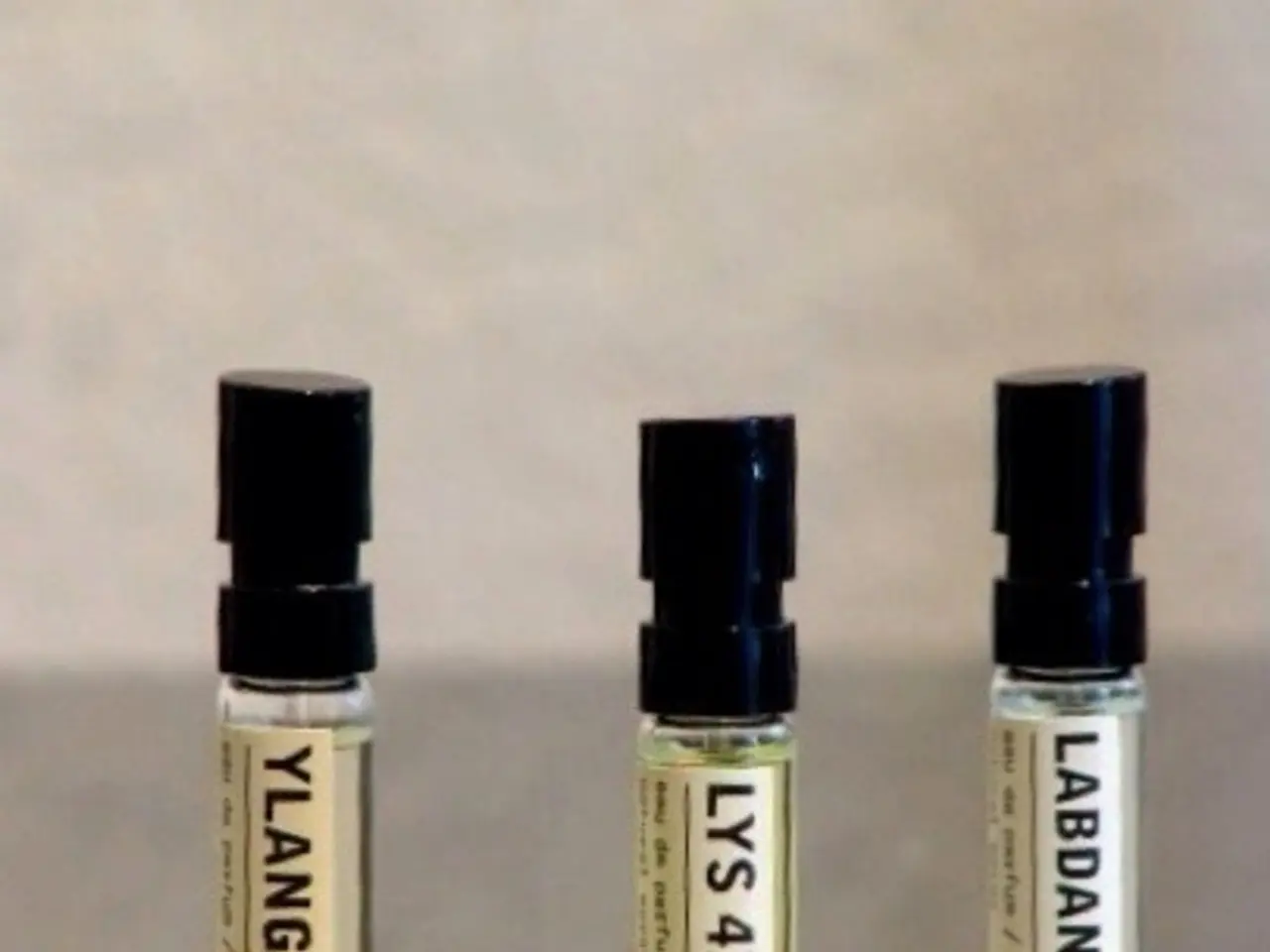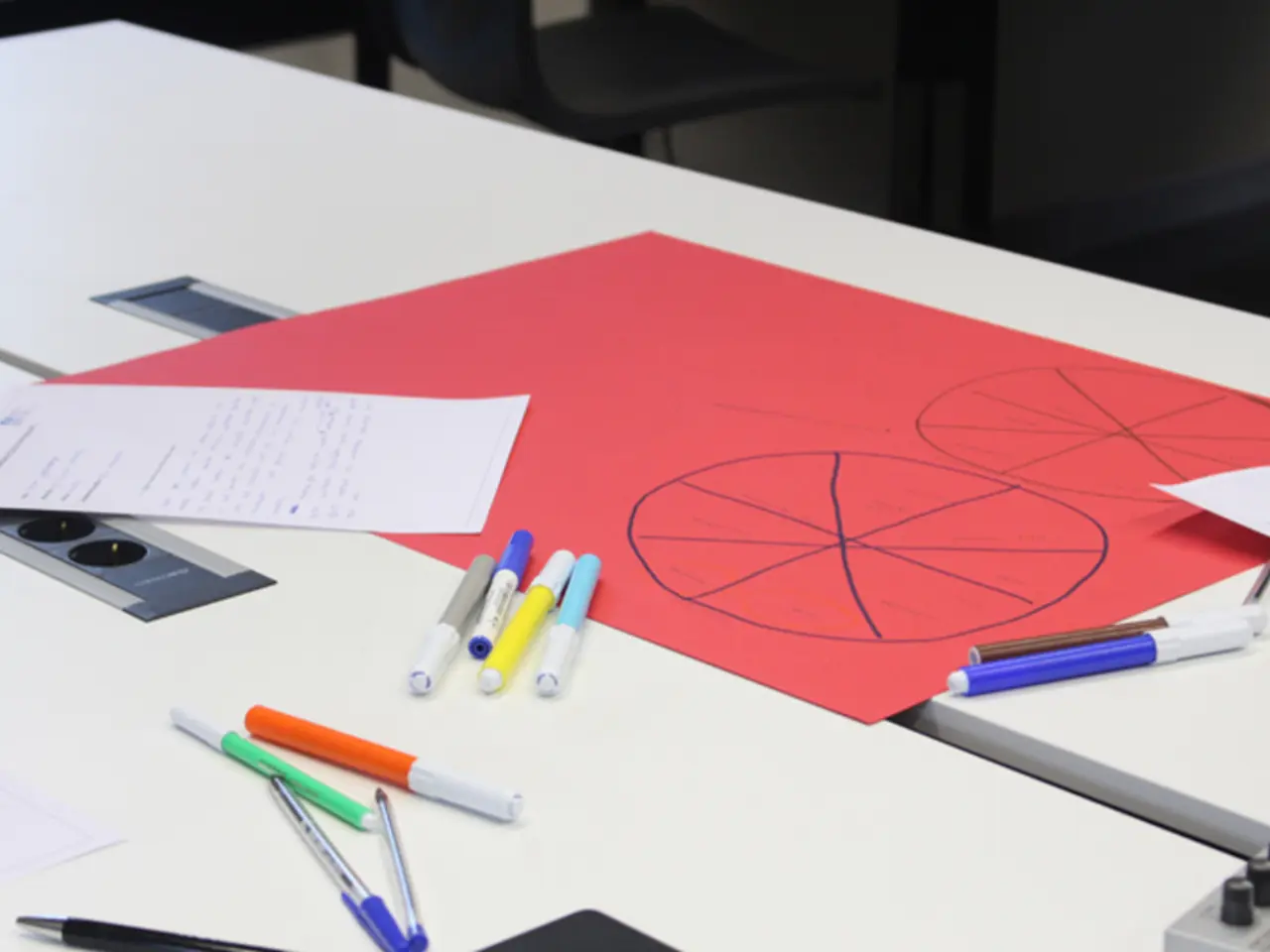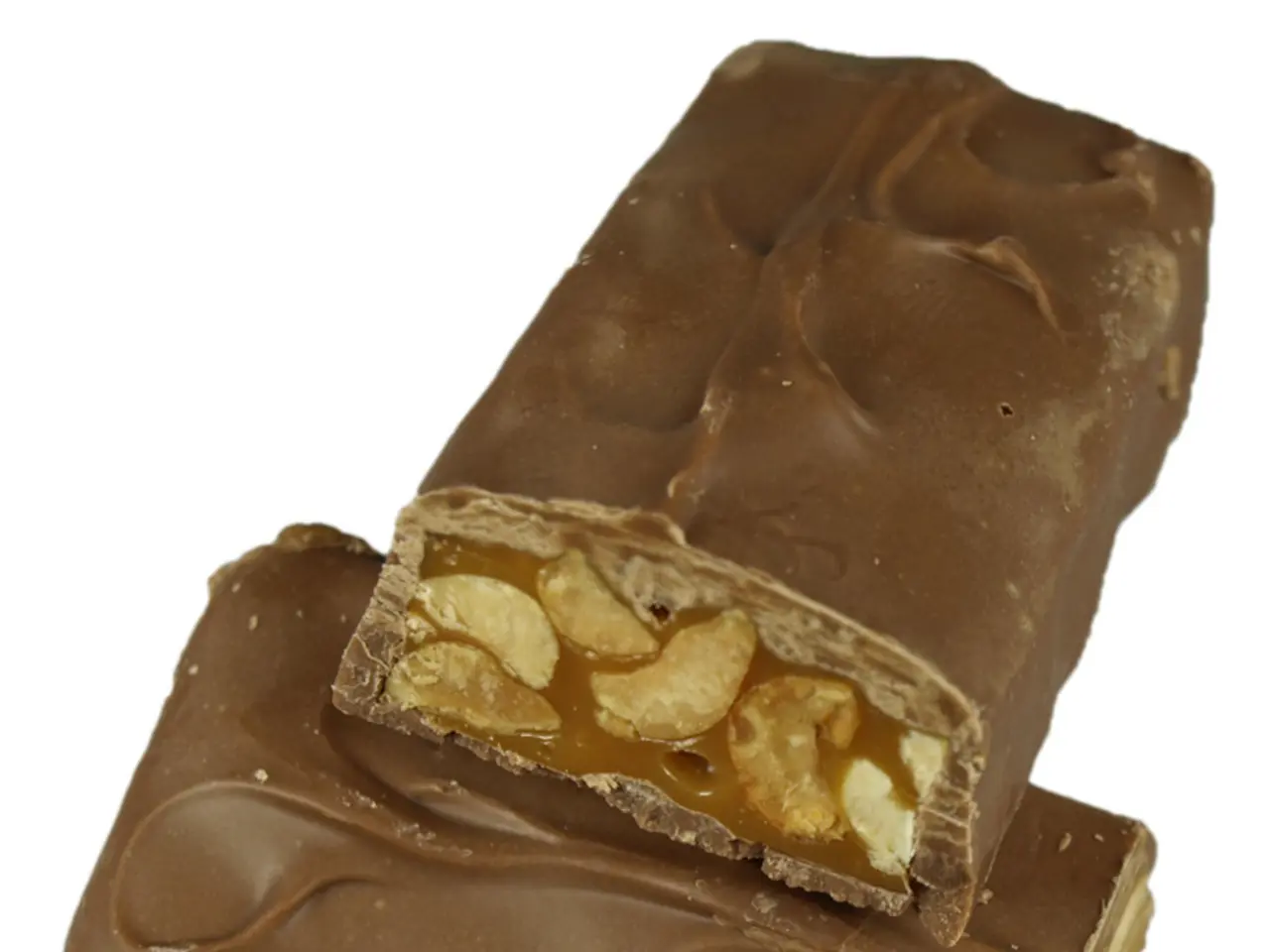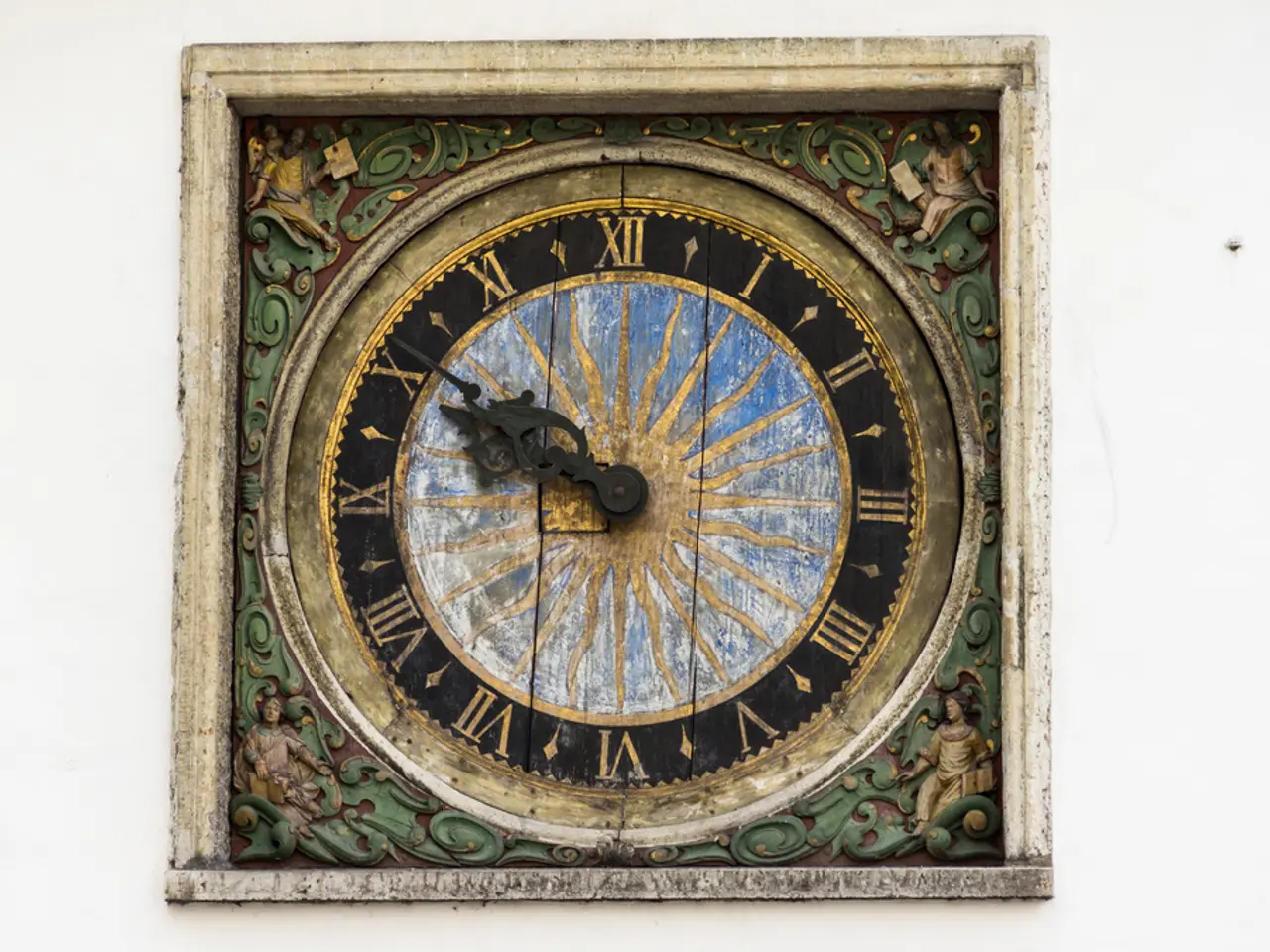Workshop on Creating Insect Homes and Mini Forests in Jars, Held by Bain, for Residents of a Senior Home in Warsaw on May 16, 2025
In the heart of Warsaw, on May 16, 2025, an inspiring ecological event took place at the Senior Home on Oliwska Street. Organised by our website in cooperation with Bain, the day was filled with environmental care, manual work, creativity, and teamwork. The highlight of the event was the creation of insect houses, also known as bug hotels, which are invaluable support for urban insects and pollinators.
Seniors and Bain volunteers worked together to construct these eco-friendly structures, made from materials such as wood, bamboo, pine cones, and straw. The insect houses, designed to provide shelter for wild pollinators like solitary bees, bumblebees, ladybugs, and lacewings, are crucial for pollinating plants and maintaining biodiversity in urban areas where natural habitats are often limited.
The event aimed not only at ecological education but also at social activation and intergenerational integration. Ten insect houses were created during the workshops, with two of them being donated to the Senior Home. The Senior Home will place the donated insect houses in its garden, offering a sanctuary for local pollinators.
The remaining eight insect houses will be placed in parks, community gardens, and near schools, ensuring that they are accessible to a wide range of urban pollinators. By providing nesting sites for beneficial insects, these insect houses help maintain ecological balance by controlling pest populations naturally, reducing the need for pesticides.
Moreover, building insect hotels can engage communities, especially in urban settings, promoting awareness about the importance of pollinators and biodiversity. By supporting pollinators, insect houses indirectly contribute to food security by ensuring the pollination of crops and plants in urban gardens.
Incorporating insect houses into broader urban planning strategies, such as green roofs and wildlife corridors, can further amplify their benefits. Green roofs with bio strips can enhance biodiversity and ecological stability, while wildlife corridors support connectivity and ecosystem services that benefit both wildlife and human communities.
The creation of these insect houses is a testament to the power of community efforts in promoting environmental sustainability. It serves as a reminder that every action, no matter how small, can make a significant impact on our urban ecosystems and pollinator populations.
Science and lifestyle intertwined during the event at the Senior Home on Oliwska Street, as seniors and volunteers constructed home-and-garden structures, specifically insect houses, to support urban environmental-science and pollinator populations. These insect houses, designed for wild pollinators like solitary bees, bumblebees, ladybugs, and lacewings, promote biodiversity by offering shelter and helping to maintain balance in urban areas.




